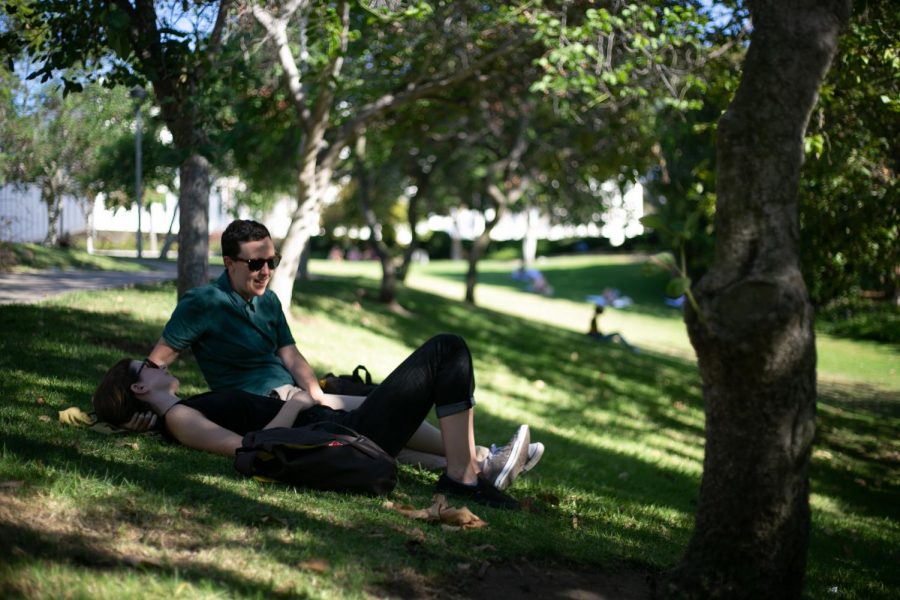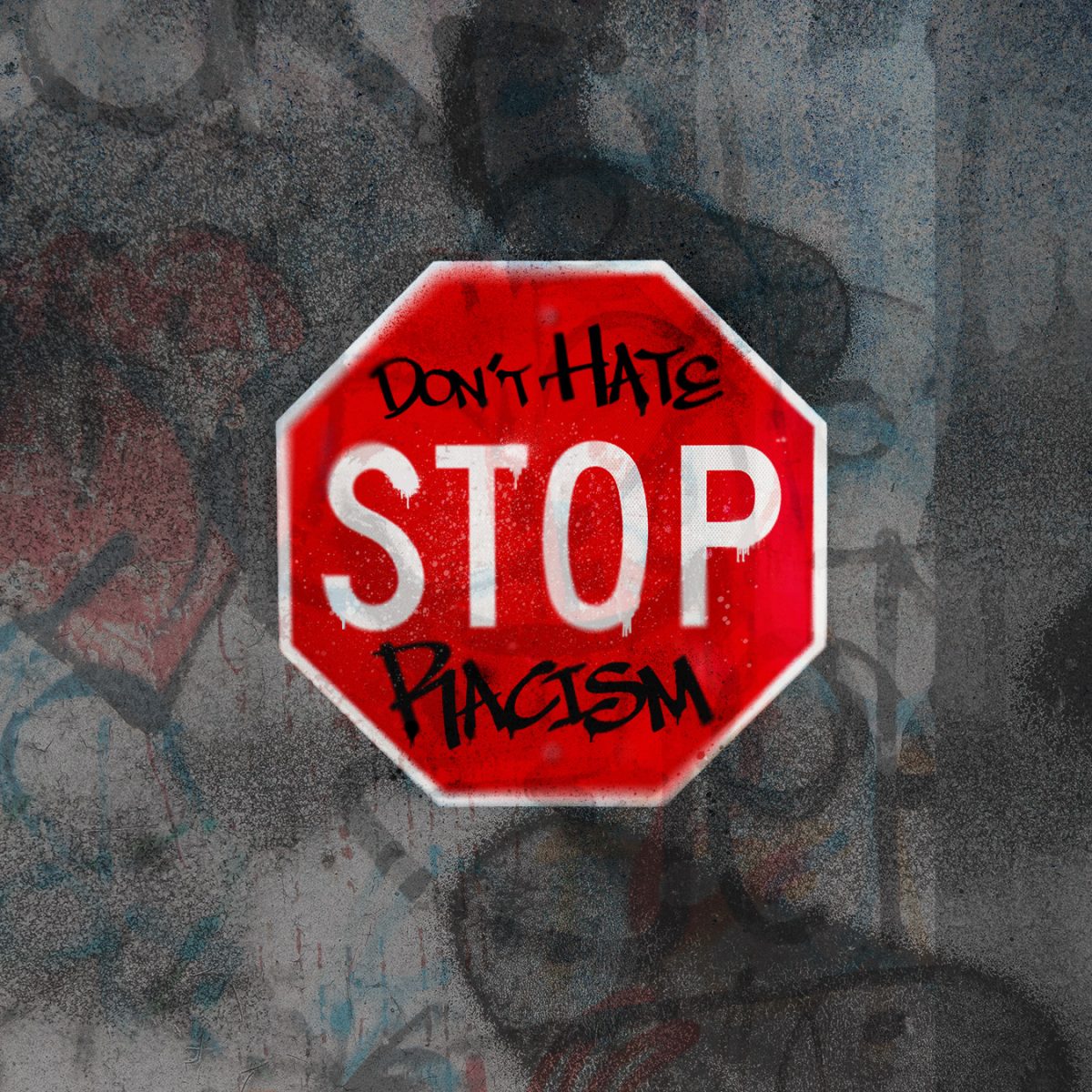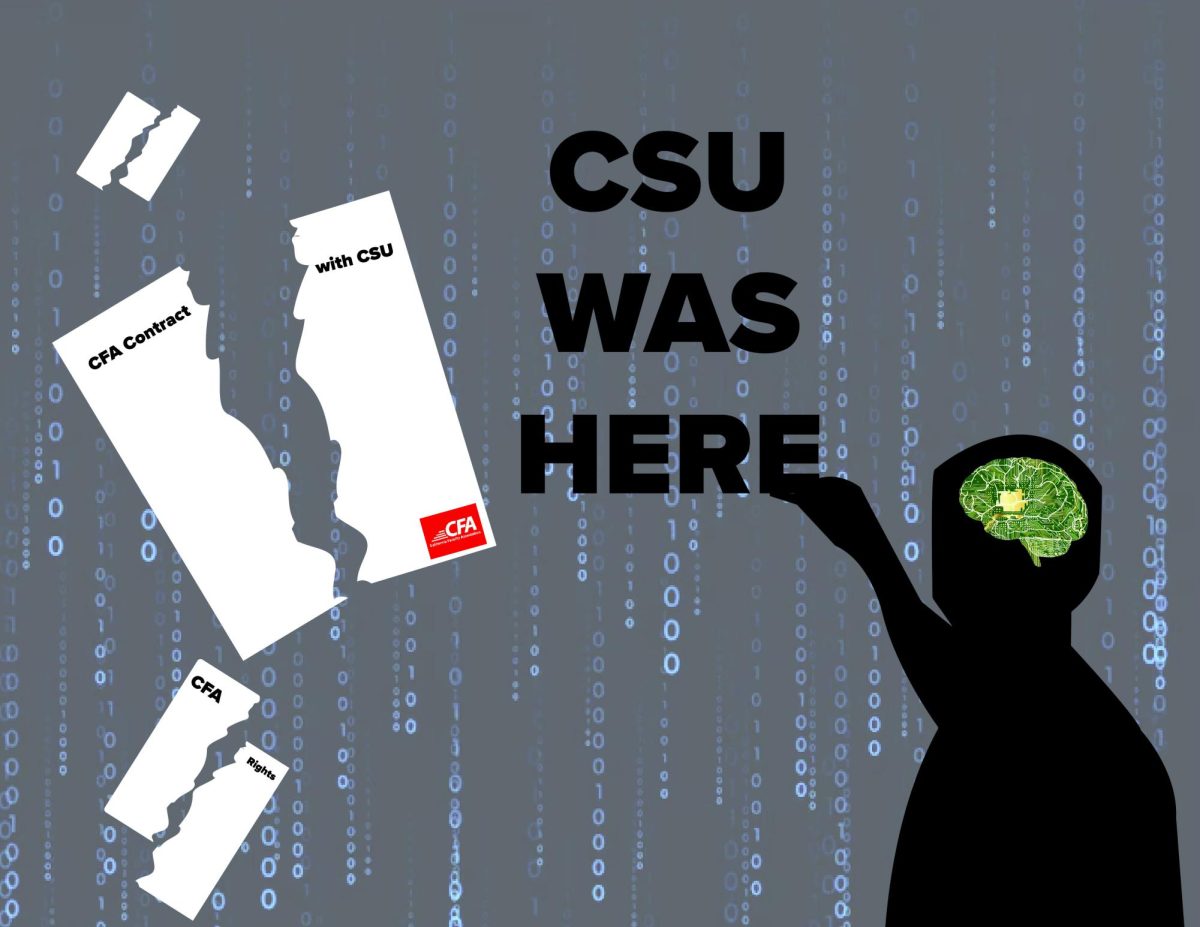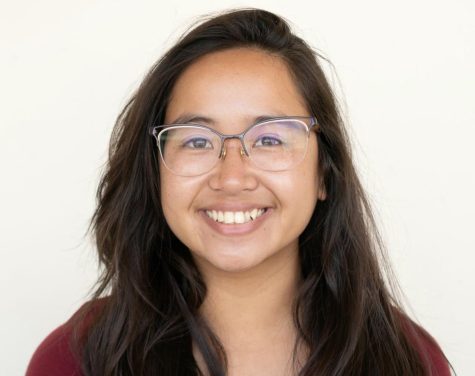COVID-19 has impacted the mental health of students, and how they access the resources available to them on campus.
The Counseling and Psychological Services department is still a hybrid of virtual and in person now, but that does not waiver their motivation to help students struggling with self-care.
A full list of these resources can be found here, but here are a few to be highlighted.
(AAPI)phany is a workshop series that focuses on mental health experiences in the Asian American, Pacific Islander and Desi communities. The Thursday meetups consist of presentations on topics such as interracial relationships, model minority myths and even food! Dr. Koko Nishi, who co-founded this series with Kathy Nguyen said the best thing about the workshops is that discussions are student-led.
Like other organizations, (AAPI)phany had to pause their in-person activities where they occasionally provided boba to their well-attended meetings. Nishi said she was proud of her students pivoting their efforts to virtual outreach for their “Digital Adventure,” coined by one of the former interns.
“I think it allowed students who usually wouldn’t be available because of classes and whatnot to join us because [the virtual format] gave them more accessibility,” she said. Nishi highlighted that at the core of (AAPI)phany were the students who lead these discussions with their interests and passions.
Belle Phommavong, a recent graduate and former intern with the program said she still comes back to (AAPI)phany workshops because it is where she feels safe.
“I’ve been a part of every AAPI org you can think of, but there’s nothing like (AAPI)phany ,” she said. “You can find places to foster leadership skills and community participation, but it’s hard to find a place where I could talk about myself and be accepted.”
One of the other mental health service organizations working on campus is the National Eating Disorder Association (NEDA). Their official Instagram page, @sdsu.neda, claims that the group aims to bring awareness and support around eating disorders.
Jessica Sapp is a senior majoring in psychology, and she sees herself as a mental health advocate. Sapp joined NEDA as a student campus warrior. Her title comes from a new program initiated by NEDA to involve college students in the fight against eating disorders. Sapp is working towards making NEDA an official organization on campus, and actively recruiting for new members through tabling events and presentations.
“Eating disorders thrive on college campuses, especially with COVID, the rates have rised significantly and I think it’s more important than ever that people know they’re not alone,” Sapp said.
An article published by Palomar College staff writer, Jamie Martinez, mentions statistics concerning the impact of C-19 on eating disorders.
“During the COVID-19 pandemic clinicians have seen a 30-50 percent increase in teens and adults struggling with illnesses such as anorexia, binge eating and other eating disorders,” said Martinez, quoting material from an article published medpagetoday.com.
She mentioned some of the people she knows do not prefer Zoom calls over face-to-face therapy sessions.
“Especially with eating disorders it’s difficult to treat them behind a screen because they’re so multifaceted,” said Sapp.
Sapp went on to mention that eating disorders can come with severe complications and involving a doctor and dietician are recommended.
“Sometimes dieticians will do things in person such as go out to a restaurant with a client but, because of COVID, that isn’t accessible,” said Sapp.
The cost of treatment is also a deterrent for some seeking help during the pandemic.
“Care is expensive,” said Sapp, “Especially care around eating disorders because it’s so specialized, it is harder to find a clinician that accepts insurance and same thing with treatment centers if you’re looking for a higher level of care they can only accept so many patients and the numbers have rised.”
Sapp shared that some of her personal friends were denied care or could not get into a treatment center for months when they needed immediate care due to the pandemic.
SDSU also offers resources to graduated students and faculty. One resource is the Women of Color Empowerment group.
According to the official homepage Dr. Feion Villodas is a co-facilitator for the group.
Villodas said the Women of Color Empowerment Group is for faculty members, but there are also mental health resources for graduate students.
“For example, the office of graduate life of diversity is partnering with CPS [Counseling and Psychological Services] to offer a wellness and wellbeing series specifically for graduate students,” said Villodas.
The San Diego Access & Crisis Line, a free 24-hour service, can be reached at 1-888-724-7240. Professionals are available for immediate assistance regarding a psychological emergency and can direct you to local resources in San Diego County. Students can also connect with the crisis line via online chat between 4 to 10 p.m. Monday through Friday.
An earlier version of this article wrote that the counseling and psychological program resources were solely offered online, but has been corrected to reflect how there are hybrid resources available, not just virtual resources.









